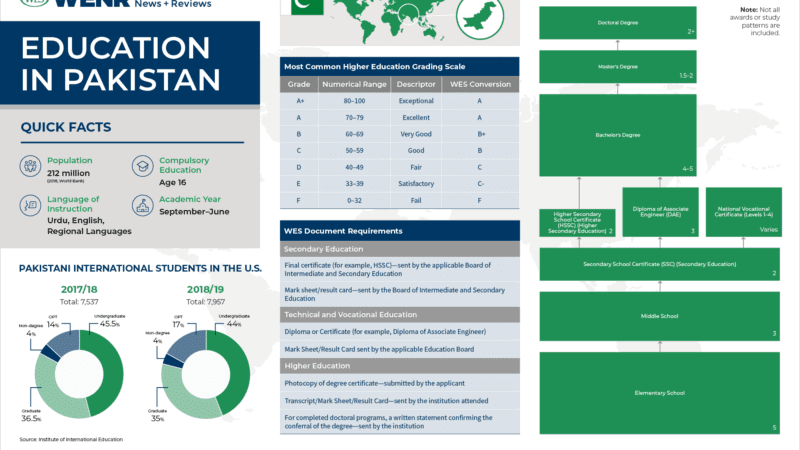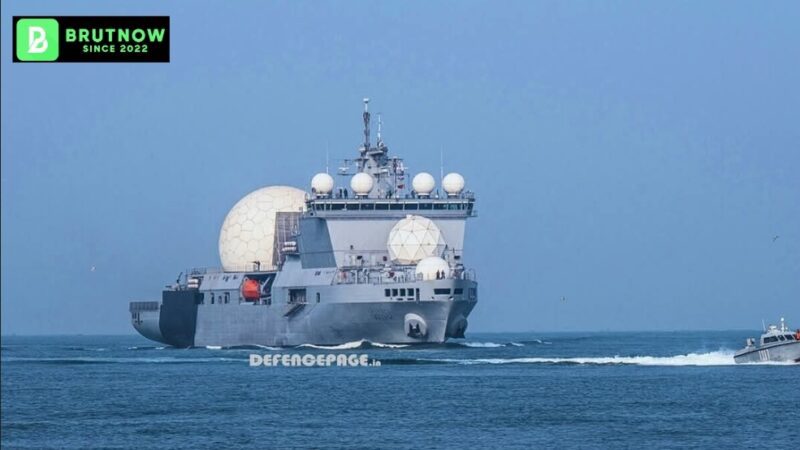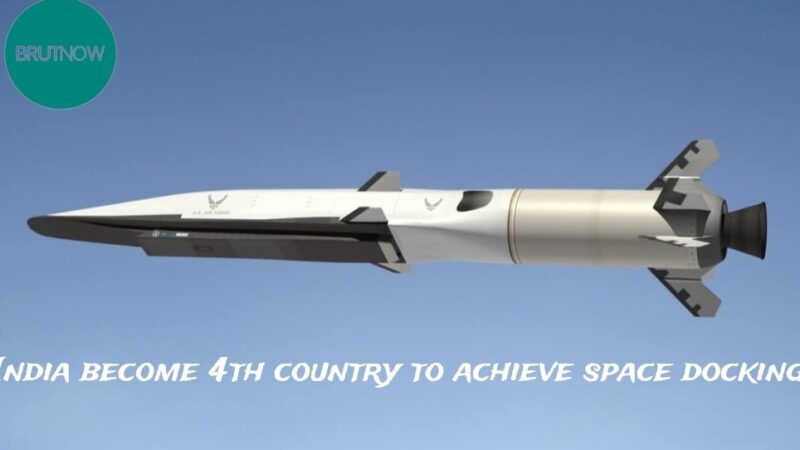Why India Is a Strategic Nightmare for China and the USA in a Two-Front Conflict Scenario

By Shanu Mathai |ManagingEditor| Brutnow Media
In an increasingly polarized world where global power centers shift rapidly, hypothetical war games are becoming essential to understand the strategic balance. One such “what-if” scenario gaining attention in think tanks is: What if China and the USA, along with Pakistan and Bangladesh, turn against India—militarily and economically?
While the thought is unsettling, the deeper analysis reveals that India is no easy target. In fact, such a move could turn India into a geopolitical nightmare for both superpowers, and here’s why.
1. India’s Military Backbone: Not Built to Break
India is ranked among the top five global military powers, backed by:
• A standing army of over 1.4 million active personnel.
• Nuclear triad capability (land, air, sea-based nukes).
• One of the largest air forces and navies in Asia.
• A defense doctrine now prepared for a simultaneous two-front war against China and Pakistan.
India’s military ecosystem is rapidly modernizing, backed by growing partnerships with France, Israel, Russia, and the US.
2. Strategic Geography: Nature’s Fortress
India’s borders are protected by:
• The Himalayas acting as a natural shield against China.
• Deserts and marshes providing defensive advantage on the Pakistan front.
• The Indian Ocean, where India commands the vital sea lanes through the Andaman & Nicobar Command, capable of disrupting China’s maritime supply lines.
This geographical superiority makes India extremely difficult to invade or destabilize through conventional warfare.
3. Economic Leverage in Global Trade & Pharma
• India is the pharmacy of the world, supplying over 40% of the USA’s generic drug demand.
• It’s the fastest-growing major economy, expected to reach $5 trillion GDP by 2027.
• Global tech giants like Apple, Google, and Microsoft rely heavily on Indian talent and infrastructure.
• Sanctioning India could mean disrupting global supply chains, hurting the sanctioning countries as much as India.
4. Why China Fears India’s Rise
China sees India not only as a regional competitor but as a threat to its long-term Belt and Road Initiative. In a war scenario:
• India can block China’s trade via the
Malacca Strait.
• It can apply pressure in Gilgit-Baltistan—a key China-Pakistan corridor.
• India’s growing alignment with the Quad (US, Japan, Australia) challenges Chinese dominance in the Indo-Pacific.
5. USA’s Dilemma: Sanctioning a Democracy
Even if the USA hypothetically joins China in sanctioning or isolating India:
• It risks alienating the world’s largest democracy, which undermines its own ideological positioning.
• It weakens its best counterweight to China in Asia.
• American businesses would suffer, especially in pharmaceuticals, IT, and energy.
• India’s close ties with Russia, Europe, the Middle East, and Africa offer alternate strategic routes that can neutralize sanctions.
6. Pakistan and Bangladesh: Not Reliable Fronts
• Pakistan is economically fragile and socially unstable. A prolonged war would drain its already limited resources.
• Bangladesh enjoys deep trade and cultural relations with India. Military confrontation would backfire on its economy and domestic harmony.
A coordinated attack from both may temporarily test India’s defenses but would ultimately rally global sympathy and potentially force regional blowback.
7. Global Fallout: The Nightmare Multiplies
If India is attacked on multiple fronts and economically sanctioned by both the USA and China:
• Global markets would crash due to disrupted IT, pharmaceutical, and trade supply chains.
• South Asia could ignite into a larger regional conflict, dragging in allies and defense pacts.
• India could align further with Russia, Iran, and BRICS to create a parallel economic and defense network, challenging Western hegemony.
Conclusion: India Is Not Just a Country, It’s a Force
India’s resilience isn’t just in its military or economy — it lies in its <span;>civilizational strength, diverse alliances, and strategic autonomy. A full-scale confrontation with India would cost aggressors far more than any potential gain.
In the grand game of geopolitics, India is a balancing force, and disturbing that balance could turn any aggressive superpower’s ambition into a long-term nightmare.
Brutnow Analysis | Global Affairs | Power Shifts




